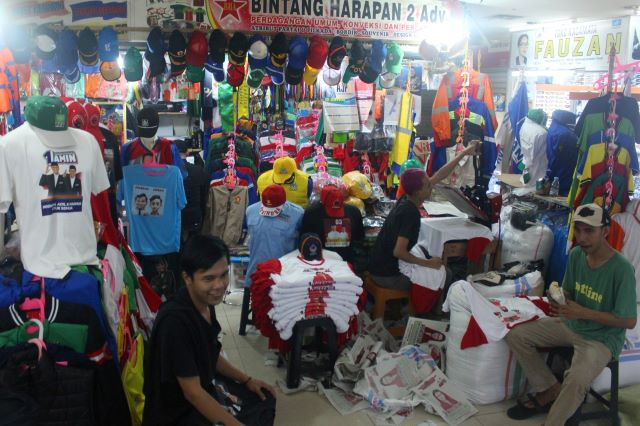Govt excise policy on liquor will hurt tourism: Hoteliers
The Indonesia Hotel and Restaurant Association (IHRA) has asked the government to review its decision to impose high excise on alcoholic drinks, saying the policy will ruin the campaign to promote the country’s tourism
Change Size

T
he Indonesia Hotel and Restaurant Association (IHRA) has asked the government to review its decision to impose high excise on alcoholic drinks, saying the policy will ruin the campaign to promote the country’s tourism.
“We urge the government to review the new excise tax on liquor. Otherwise foreign tourists will be turned away by the higher prices,” IHRA chairwoman Yanti Sukamdani told The Jakarta Post in Jakarta on Wednesday.
According to Yanti, the plan to revoke the luxury tax on alcoholic beverages is pointless if the government simultaneously imposes higher excise.
“We support the government’s plan to remove the luxury tax beginning this April. But the plan to raise the excise by more than 200 percent should be scrapped,” she said.
On Tuesday, the government announced an average tax hike of 200 percent on alcoholic drinks, just two weeks after it said it would revoke the luxury tax on same products.
Both will become effective in April this year.
The higher excise is expected to see a 40-percent increase in liquor prices on average.
Yanti said the new excise on alcoholic beverages would have a negative impact on the country’s tourism sector by making foreign tourists reconsider their travels.
“Most foreign tourists come to Indonesia for the same reason, that is for pleasure. Without liquor, their holidays might not be complete, as alcohol is part of their daily needs just like water,” she said.
Yanti predicted that the new tax regulations might force foreign tourists to choose other destinations like Thailand, Malaysia or Singapore, where they might find liquor to be cheaper.
“In the past, many tourists canceled their visits after learning about the country’s liquor shortage,” she said. It is reported that Indonesia aims to attract 7 million foreign tourists this year, an increase from 6.45 million visitors last year.
Foreign exchange earnings from tourist arrivals is expected to reach US$7 billion, this year,
Indonesia is well behind neighboring countries in attracting foreign tourists. Singapore and Malaysia expect to receive 9.5 million and 19 million foreign tourists, respectively this year.
Culture and Tourism Minister Jero Wacik has said the government will intensify overseas promotions to attract more foreign tourists to visit Indonesia.
However, hotels and restaurants in Indonesia have found serious problems in providing sufficient alcoholic drinks for their guests due to an alcoholic drinks limitation.
On top of this, state-owned PT Sarinah, up until recently, held a monopoly on importing liquor from overseas.
Since the government removed Sarinah’s exclusive rights, a number of companies have applied
to become liquor importers, but so far none of them have received permits. The limited number of alcoholic drinks has forced hotel and restaurant owners to buy products at high prices.
“Alcoholic drinks [in Indonesia] are more expensive than in Singapore or Malaysia, for instance,” Yanti said, adding that a glass of wine in Malaysia is about Rp 75,000, cheaper than Rp 150,000 in Indonesia.
Yanti believed that the high excise tariff would instead increase the distribution of illegal alcoholic drinks, including home-brewed moonshine, which has been linked to a number of deaths.
“I think the government has to think more comprehensively on this issue,” she said.
Based on the new excise on alcoholic drinks issued by the finance minister, local liquor with an alcohol content of less than 5 percent, such as beer, will see tax hikes of more than 200 percent, to
Rp 11,000 (US$1.10) from the previous Rp 3,500.
Imported liquor with an alcohol rate of more than 20 percent will see a tax increase of 160 percent.
New tax regulations might force foreign tourists to choose other destinations.









